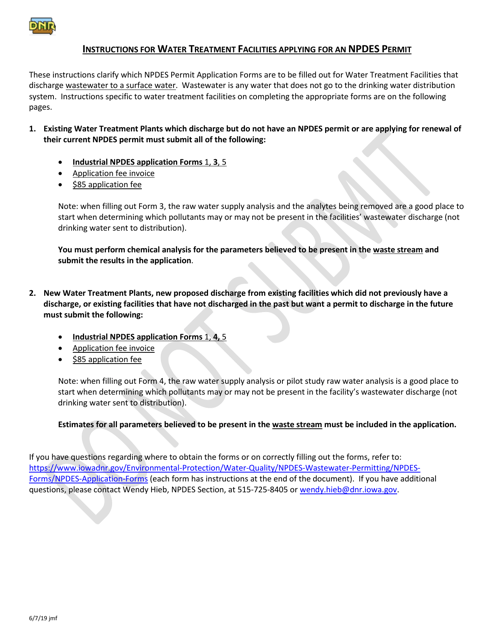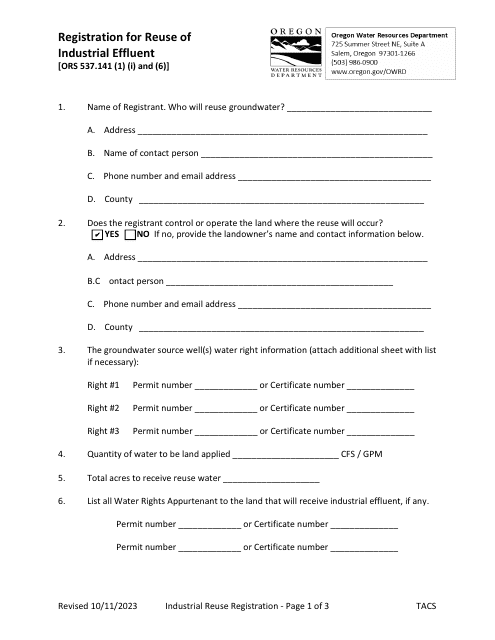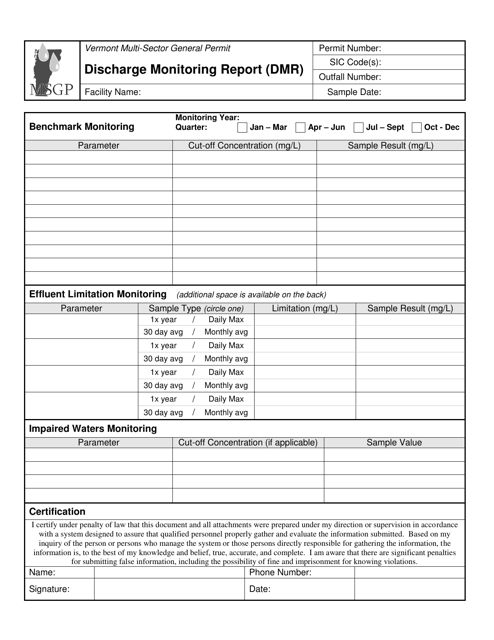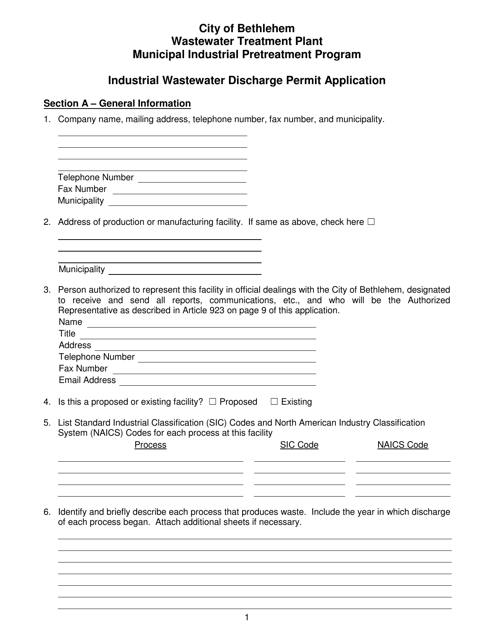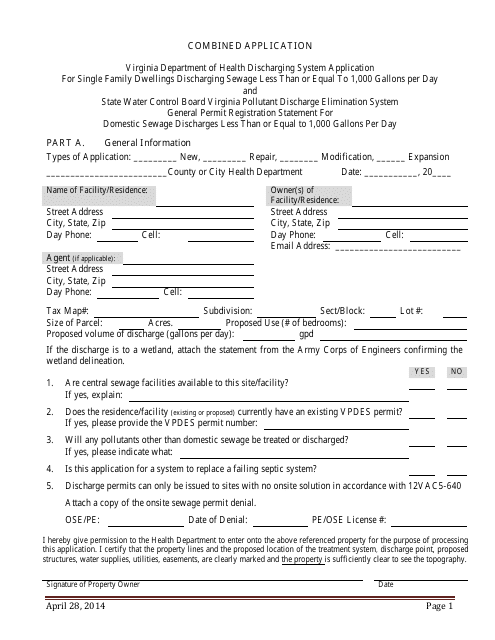Industrial Effluent Templates
Industrial effluent, also known as industrial wastewater, refers to the liquid waste generated by industrial activities. It includes various substances such as chemicals, pollutants, and contaminants that are discharged from manufacturing processes, power plants, and other industrial facilities.
At the heart of environmental regulations, industrial effluent management is crucial for protecting water sources and ensuring sustainable development. Proper treatment and disposal of industrial effluent are essential to minimize the negative impact it can have on the environment and human health.
To ensure compliance with environmental standards, water treatment facilities are required to follow specific guidelines and procedures set forth by regulatory agencies. These agencies, such as the Environmental Protection Agency (EPA), issue permits and provide instructions forwater treatment facilities to obtain them. For example, the NPDES (National Pollutant Discharge Elimination System) permit is issued by the EPA in various states, such as Iowa, Vermont, Virginia, and others.
Furthermore, some states like Oregon may offer programs for the reuse of industrial effluent. These programs aim to promote sustainable water management by treating and repurposing industrial effluent for non-potable uses like irrigation or industrial processes.
Monitoring and reporting the discharge of industrial effluent is another important aspect of its management. Facilities are required to submit Discharge Monitoring Reports (DMRs) to regulatory authorities, providing data about the quantity and quality of effluent being discharged. This information helps in evaluating compliance with permit limits and identifying potential issues that need to be addressed.
Industrial effluent permits are often administered at the local level as well. Municipalities, like the City of Bethlehem, Pennsylvania, may implement their own programs, such as the Municipal Industrial Pretreatment Program. This program requires industrial facilities to apply for an Industrial Wastewater Discharge Permit, ensuring that the effluent on a local scale meets the necessary standards.
In summary, the management of industrial effluent is crucial for protecting the environment and public health. Regulatory agencies, through permits and guidelines, outline procedures for the proper treatment, reuse, and discharge of effluent. By following these regulations, industrial facilities play a vital role in minimizing their impact on the environment and working towards a sustainable future.
Documents:
5
This document provides instructions for water treatment facilities in Iowa that are applying for an NPDES permit. It outlines the steps and requirements for the application process.
This document is used for reporting the discharge of pollutants into the environment in the state of Vermont. It provides information on the type and amount of pollutants being released and helps ensure compliance with environmental regulations.
This Form is used for applying for an industrial wastewater discharge permit under the Municipal Industrial Pretreatment Program in the City of Bethlehem, Pennsylvania.
This document for applying for combined discharge in Virginia. It is used to request permission to discharge multiple pollutants into the environment.

